Whether you’re just starting out or looking to improve your 5K performance, having a structured training plan is crucial for success. Our “Ultimate 5K Training Schedule: 8-Week Plan for Beginners to Advanced Runners” provides a comprehensive guide to help you achieve your running goals. This 8-week plan is designed to cater to various skill levels, from novices to seasoned runners, offering a balanced mix of workouts, strength training, and cross-training. Alongside essential warm-up and cool-down exercises, you’ll find detailed weekly breakdowns, effective running workouts, and valuable tips on nutrition, hydration, injury prevention, and race day preparation. Get ready to transform your running journey and reach your 5K goals!
Join degreeyarn.xyz for an in-depth exploration of this topic.
1. Overview of the 8-Week 5K Training Plan
The 8-Week 5K Training Plan is designed to progressively build your running capabilities, catering to all fitness levels, from beginners to advanced runners. This structured plan divides the training into three distinct levels: beginner, intermediate, and advanced, allowing you to choose the path that aligns with your current fitness and goals.
The plan spans over eight weeks, each week featuring a balanced combination of running workouts, strength training, and cross-training exercises. It starts with a gradual introduction to running routines, ensuring that beginners can build stamina and avoid injury while more experienced runners can refine their speed and endurance.
Key components include tempo runs to improve your pace, interval training to enhance speed, and long runs to build endurance. Each week also incorporates essential warm-up and cool-down exercises to prepare your body for the workouts and aid in recovery.
Additionally, the plan emphasizes the importance of nutrition and hydration, offering guidelines to fuel your runs and maintain optimal performance. Injury prevention strategies are integrated throughout to help you stay healthy and maximize your training efforts. Whether you’re aiming for your first 5K or lookin
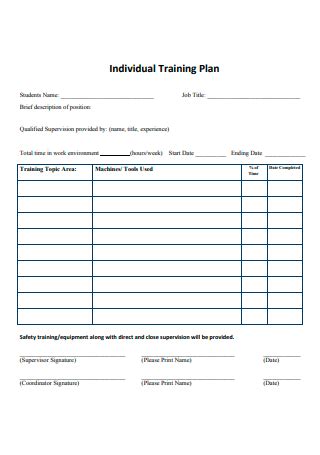
2. Essential Warm-Up and Cool-Down Exercises
Warm-up and cool-down exercises are crucial for preparing your body for the demands of running and aiding in recovery afterward. Effective warm-ups help increase blood flow to your muscles, enhance flexibility, and reduce the risk of injury. Begin with 5-10 minutes of light aerobic activity, such as jogging or brisk walking, to gradually elevate your heart rate. Follow this with dynamic stretches like leg swings, high knees, and butt kicks to activate key muscle groups.
Cool-down exercises are equally important for promoting recovery and preventing stiffness. After completing your run, spend 5-10 minutes gradually reducing your pace to bring your heart rate back to normal. Incorporate static stretches, focusing on major muscle groups such as the hamstrings, quads, calves, and hip flexors. Hold each stretch for 20-30 seconds to help release muscle tension and improve flexibility. By incorporating these warm-up and cool-down routines into your training, you’ll enhance your performance and support long-term running health.
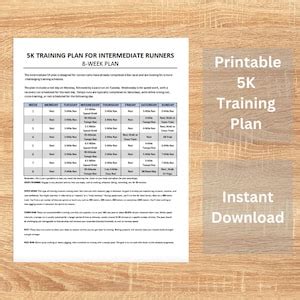
3. Weekly Breakdown: Beginner, Intermediate, and Advanced Levels
The 8-week 5K training plan is tailored to accommodate three distinct fitness levels: beginner, intermediate, and advanced. Each level is designed to progressively build endurance and speed according to your current abilities.
Beginners start with a focus on establishing a running routine. The initial weeks emphasize walking and running intervals to build stamina, gradually increasing the running segments. The plan incorporates easy runs, rest days, and low-impact cross-training, such as cycling or swimming, to promote overall fitness.
Intermediate runners will engage in more structured workouts, including tempo runs and interval training. These sessions aim to enhance pace and endurance while incorporating longer runs to improve distance capability. The intermediate plan also includes strength training to build muscle resilience.
Advanced runners will tackle more challenging workouts, including high-intensity interval training (HIIT) and long runs at a faster pace. The advanced schedule focuses on fine-tuning performance, incorporating speed work and race pace runs. Strength and cross-training remain crucial to support peak performance and prevent injuries.
Each level is carefully crafted to ensure steady progress, allowing you to train effectively and reach your 5K goals.
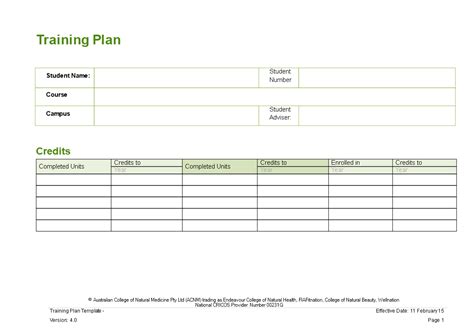
4. Key Running Workouts: Tempo Runs, Intervals, and Long Runs
Key running workouts are essential for improving speed, endurance, and overall performance. Tempo runs involve running at a challenging but sustainable pace, typically around your threshold level, for a set duration. This workout helps enhance your lactate threshold, allowing you to run faster for longer periods.
Interval training consists of short, intense bursts of speed followed by periods of recovery. For example, you might sprint for 400 meters and then jog or walk for 200 meters. This type of workout boosts cardiovascular fitness and running speed while improving your ability to recover quickly between efforts.
Long runs are crucial for building endurance. These runs are performed at a comfortable, steady pace and gradually increase in distance over the weeks. They help improve your stamina and familiarize your body with the demands of longer runs, ensuring you can sustain your pace throughout the 5K distance.
Incorporating these workouts into your training plan will enhance your running performance and prepare you for race day.
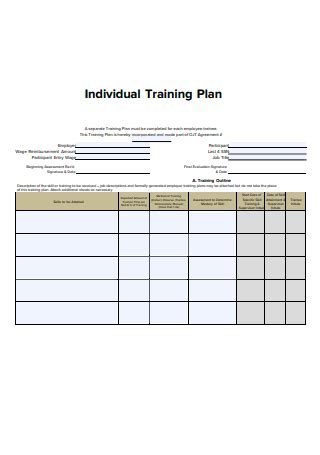
5. Strength Training and Cross-Training Tips
Incorporating strength training and cross-training into your 5K training plan is essential for enhancing overall fitness, preventing injuries, and improving performance. Strength training focuses on building muscle strength and stability, which supports better running form and efficiency. Key exercises include squats, lunges, and deadlifts, targeting the major muscle groups used in running, such as the quads, hamstrings, and glutes. Core exercises like planks and Russian twists are also crucial for maintaining proper posture and reducing fatigue during runs.
Cross-training involves engaging in different forms of exercise to complement your running routine. Activities like cycling, swimming, and rowing provide a cardiovascular workout while reducing the impact on your joints, which can aid in recovery and prevent overuse injuries. Incorporating these activities once or twice a week helps balance your training, improves overall endurance, and keeps your routine varied and engaging.
Together, strength training and cross-training enhance your running performance by improving muscle strength, flexibility, and cardiovascular fitness, while also promoting long-term health and injury prevention.
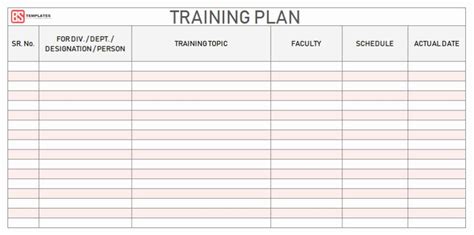
6. Nutrition and Hydration Guidelines for Runners
Proper nutrition and hydration are vital for optimizing your running performance and recovery. Nutrition should focus on a balanced intake of carbohydrates, proteins, and fats. Carbohydrates, such as whole grains, fruits, and vegetables, provide the energy needed for running. Protein sources like lean meats, beans, and dairy help repair and build muscle. Healthy fats from nuts, seeds, and avocados support overall health and energy levels.
Hydration is equally important, as it helps maintain performance and prevent dehydration. Drink water throughout the day and increase your intake before, during, and after runs. For longer or more intense workouts, consider sports drinks that replenish electrolytes lost through sweat. Aim to drink about 16-20 ounces of water 2-3 hours before running, and another 8-10 ounces about 20-30 minutes prior.
Post-run nutrition is crucial for recovery; consume a combination of carbohydrates and protein within 30 minutes to replenish glycogen stores and aid muscle repair. Proper hydration and balanced nutrition will enhance your training effectiveness and overall running experience.
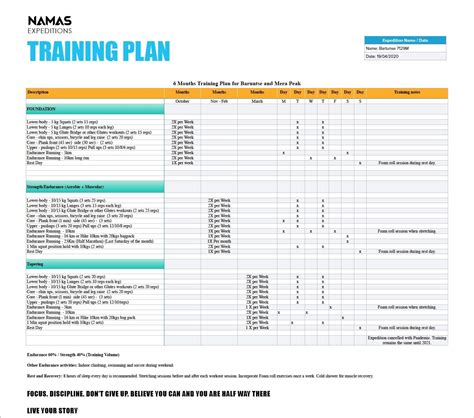
7. Injury Prevention and Recovery Strategies
Injury prevention and recovery are key components of a successful 5K training plan. To prevent injuries, it’s important to incorporate several strategies into your routine. Start by gradually increasing your mileage and intensity to avoid overuse injuries. Ensure you have proper running shoes that offer adequate support and cushioning. Pay attention to your form and running mechanics to reduce the risk of strain on muscles and joints. Incorporate strength training and flexibility exercises to build muscle resilience and improve joint stability.
Recovery strategies play a crucial role in maintaining your training progress and preventing injuries. After each run, engage in a proper cool-down routine that includes gentle stretching and light jogging to help relax your muscles and promote flexibility. Regularly use foam rollers or massage tools to target tight areas and alleviate muscle soreness.
Adequate rest is essential; make sure to include rest days in your training schedule to allow your body to recover and rebuild. Additionally, prioritize quality sleep and maintain a balanced diet to support overall recovery.
Listening to your body is crucial—if you experience persistent pain or discomfort, it’s important to address it promptly by adjusting your training or consulting a healthcare professional. Implementing these prevention and
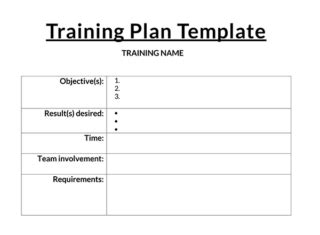
8. Tips for Race Day Preparation and Performance
Race day preparation and performance can significantly impact your 5K experience. Start by ensuring you have a plan in place for race day logistics. Get familiar with the race course and its layout, including any hills or turns, so you know what to expect. Arrive early to avoid last-minute stress and to allow time for a thorough warm-up.
Nutrition and hydration are crucial on race day. Eat a balanced breakfast about 2-3 hours before the race, focusing on easily digestible carbohydrates and a small amount of protein. Continue to hydrate throughout the morning, but avoid excessive fluid intake right before the start.
During the race, pace yourself according to your training. Start at a comfortable pace and gradually increase your speed if you feel good. It’s important to listen to your body and avoid going out too fast, which can lead to early fatigue.
Mental preparation is also key. Visualize your success and stay positive. Use mental strategies like focused breathing and positive self-talk to stay motivated and calm.
Finally, after crossing the finish line, take time to cool down and stretch. Celebrate your accomplishment and review your performance to identify areas for improvement in future races.
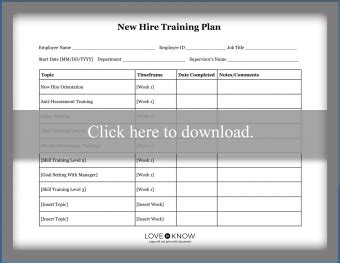
Completing a 5K is a rewarding achievement that reflects dedication and hard work. By following this 8-week training plan, you can effectively build endurance, enhance performance, and reach your running goals, whether you’re a beginner or an experienced runner. Emphasizing a balanced mix of running workouts, strength training, proper nutrition, and injury prevention will set you up for success. Embrace the journey, stay consistent, and enjoy the process. Your commitment and preparation will not only help
degreeyarn.xyz